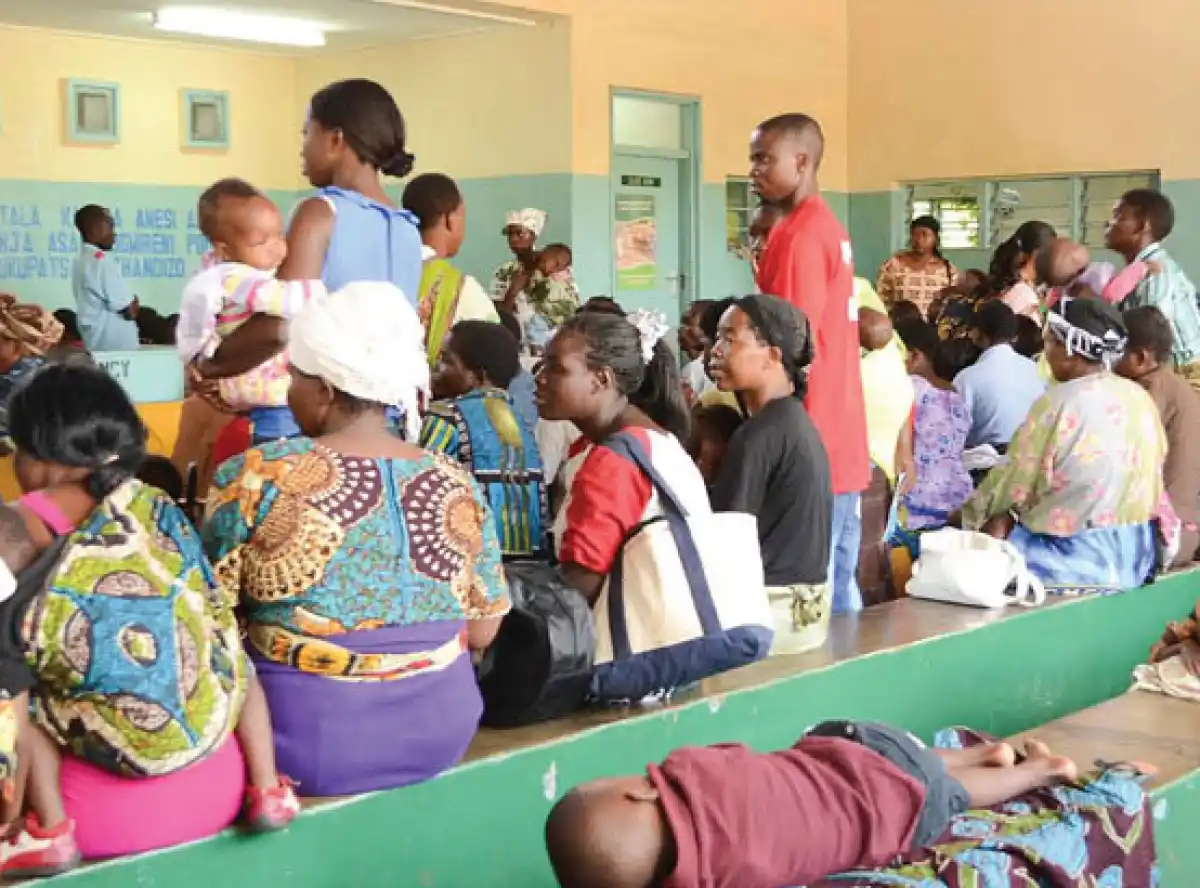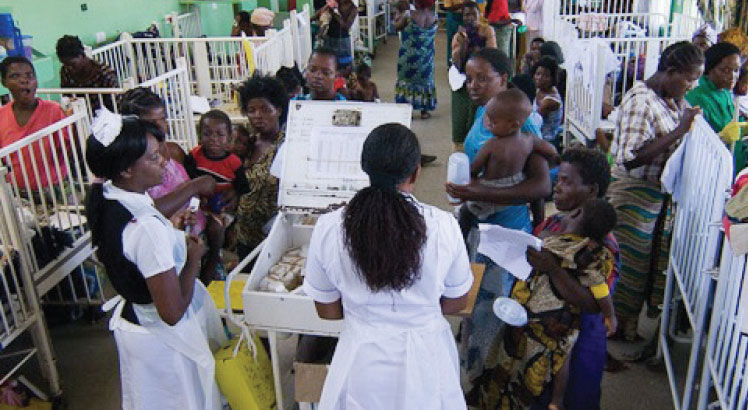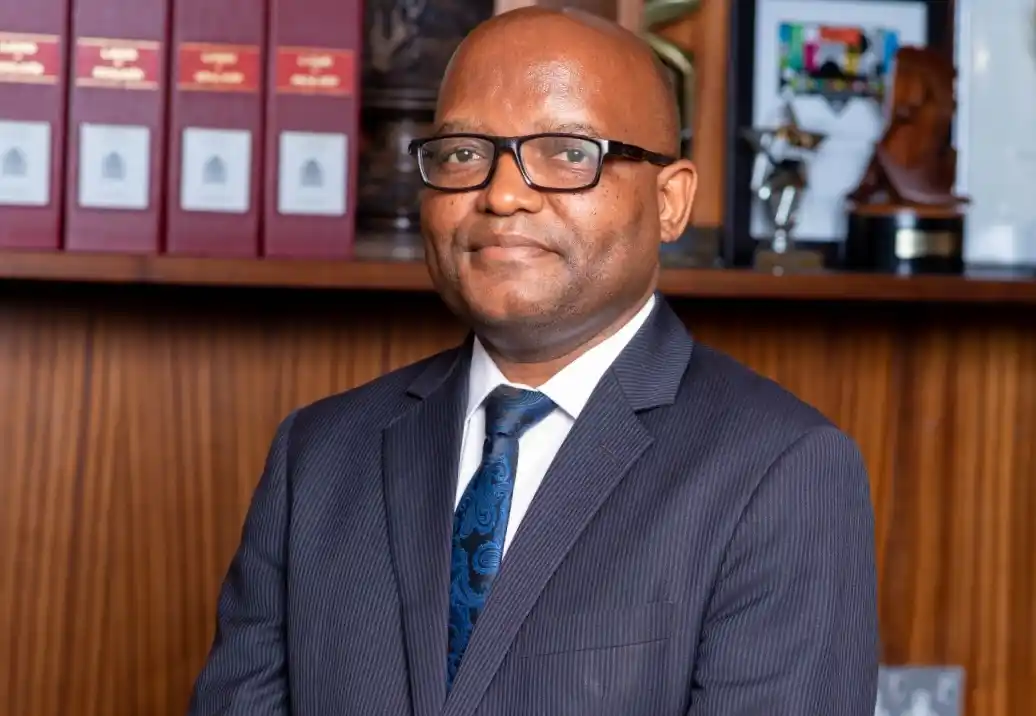
The Ombudsman’s mobile accountability clinics report has singled out the Ministry of Health as having registered the highest number of complaints last year.
The other sectors are education, security and courts, local government and agriculture, according to the Ombudsman’s 29th Annual Report submitted to the Speaker of Parliament’s office on June 28 2024.

Section 127 of the Constitution and Section 9 (2) of the Ombudsman Act mandates the office of the Ombudsman to give annual reports to Parliament.
The Ombudsman uses mobile accountability clinics to engage people at grassroots level in sensitising and empowering them to identify and report maladministration.
Our analysis of the report shows that a majority of the complaints registered t pertain to unfair practices.
The health sector recorded 27 percent of complaints followed by the education sector 24 percent and security and courts at 18 percent.
Local government and Electricity Supply Corporation of Malawi (Escom) came fourth at 13 percent followed by the agriculture sector at 12 percent.
Reads part of the report: “This trajectory reflects more about frequency of interactions between the service users and service providers.”
Complaints registered in the health sector include addressing expectant women with disrespect, payment demands for free services, especially cases requiring surgery and family planning, inadequate health personnel as well as drugs in public health facilities and community members’ lack of knowledge on operations of health facilities.
In the education sector, complaints centred on teachers reporting for duty while drunk, unnecessary absenteeism, harsh enforcement of school funds and limited accountability and transparency mechanisms in the management of school improvement programmes, school improvement grants and school fund.
Other complaints in the sector dwelt on primary schools not abiding by educational guidelines, administration of corporal punishment to learners, inadequate teaching and learning materials, and unregulated and compulsory part-time lessons at a fee.
In the agriculture sector, the majority of complaints recorded include late delivery of subsidy fertilisers under the Affordable Inputs Programme (AIP); hence, being useless, inconsistencies in selecting AIP beneficiaries, sales clerks in Agricultural Development and Marketing Corporation (Admarc) markets selling maize to vendors and unavailability and limited number of extension workers.
Complaints relating to the courts included delays in delivering judgements and court clerks receiving money from complainants to enforce court orders while complaints in the security sector were mainly to do with police officers demanding money for police bail, corrupt practices in police cells and police officers beating suspects to force them admit crimes.
Other complaints registered in the security sector centred on prisoners’ improper and inadequate meals, delays in issuance of national identity cards, drunk junior soldiers causing havoc in entertainment joints and delays in processing of passports amid bribery.
For Escom, however, the main complaint was to do with delay to connect paid-up customers to the national grid while the local government sector attracted cries of lack of participation in Area Development Committees (ADCs) and in use of Constituency Development Fund (CDF).
While providing a platform for instant complaints investigation and remedying, the mobile clinics are perceived to be an expeditious and effective way of resolving public complaints.
National Police spokesperson Peter Kalaya last week said he was yet to see the report while Ministry of Education spokesperson Mphatso Nkuonera said he would revert once a response was ready.
But by press time yesterday, we were yet to get a response from Ministry of Health spokesperson Adrian Chikumbe, Malawi Supreme Court of Appeal and High Court of Malawi registrar Kondwani Banda, Ministry of Agriculture and Escom spokesperson Kitty Chingota.
Reacting to the report, Centre for Social Accountability and Transparency executive director Willy Kambwandira said the situation is worrisome as it implies worsening public service delivery and corruption in the public sector.
“This is also an indication that Malawians are losing trust in some of these public institutions and must create more safe platforms where citizens can engage with duty bearers to ensure the concerns are addressed,” he said.
Centre for Human Rights Education Advice and Assistance executive director Victor Mhango described the accountability mobile platforms as significant considering that they directly respond to the plight of the vulnerable since they are conducted at grassroots level.
He said: “What is important with accountability clinics is that most cases are resolved on the spot and people access justice. We are, therefore, encouraging the Ombudsman to continue using accountability clinics as it is offering a practical and significant platform”.
Human Rights Defenders Coalition chairperson Gift Trapence said in a separate interview that it would be imperative for the Secretary to the President and Cabinet’s office to work with key institutions in the particular sectors to ensure that they work on numerous maladministration happening.








0 Comments